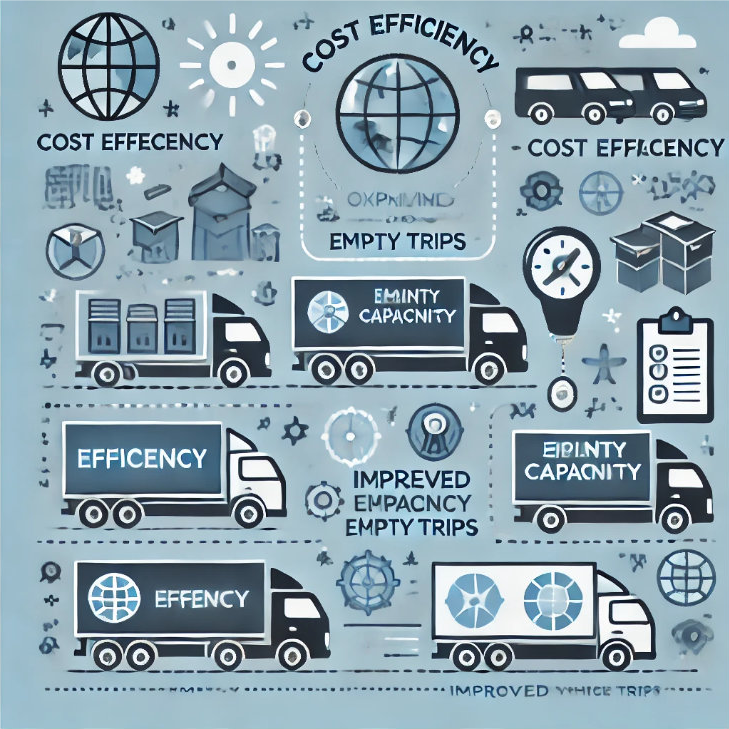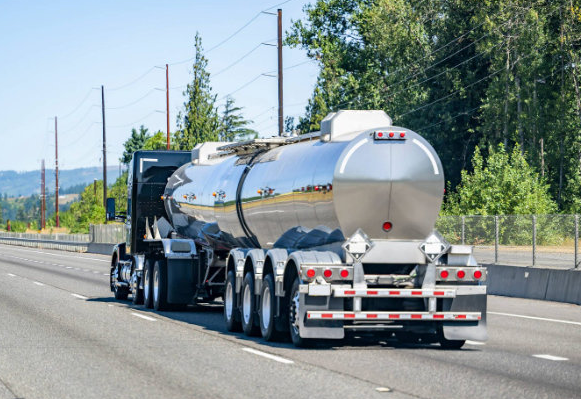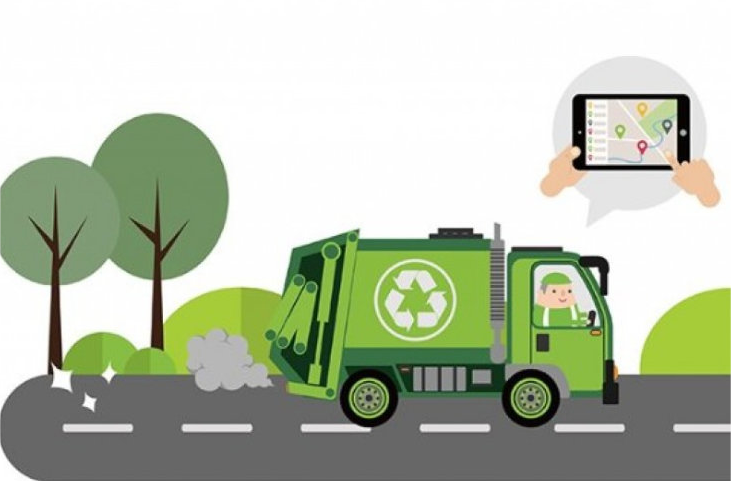Editor's Pick


Reducing costs and increasing efficiency in the logistics and transportation sector are among the top priorities of companies. In this context, increasing vehicle occupancy rates plays a critical role in helping companies achieve their operational goals. This approach, which allows more cargo to be transported with fewer vehicles, not only provides cost advantages but also reduces environmental impacts. However, if occupancy rates are not taken into consideration, vehicle transportation costs and maintenance costs can increase significantly. So, how can companies increase vehicle occupancy rates and what are the effects of this increase? What is Vehicle Occupancy Rate? Vehicle occupancy rate refers to how much of a vehicle's capacity it uses effectively. For example, if a truck uses only 60% of its load capacity, then it is under-occupied. This results in unnecessary fuel consumption, wasted time, increased transportation costs and frequent maintenance requirements. 1) Use Route Optimization Vehicle route optimization technologies enable the vehicle to visit more delivery points in the shortest distance. This allows more efficient use of the vehicle's capacity for every delivery. 2)Benefit from Telematics and GPS Technologies Telematics and GPS tracking allow you to track vehicle movements and load status information in real time. This information provides key data for more effective route planning and occupancy improvement. 3)Artificial Intelligence Powered Load Planning Using artificial intelligence, loads that match the capacity of each vehicle can be distributed in the most efficient way. This prevents unnecessary loss of space during the loading process. 4)Schedule optimization offers the opportunity to make more deliveries by using time in the most efficient way. 5)Sales route planning increases efficiency by integrating logistics operations with sales teams' routes. 6)Reverse Logistics Integration Reverse logistics enables more efficient use of vehicle capacity by incorporating recycling and return processes into load planning. This method allows both forward logistics and return logistics to be optimized at the same time. 7)Use Vehicle Sharing Systems Different companies delivering to the same region can optimize both cost and occupancy rates by using vehicle sharing systems. This allows logistics costs to be shared between companies. 8)Apply Geofencing Technology Geofencing saves both time and fuel by preventing the deployment outside of a given area. This technology helps to optimize distribution areas.What Happens If Occupancy Rates Are Not Observed? 9)Increased Transportation Costs Low occupancy rates mean more vehicles on site. This leads to increased fuel costs and employee expenses. Higher transportation costs reduce the overall profit margin of companies. 10)Maintenance and Repair Costs Frequent use of more vehicles means they wear out faster and require more frequent maintenance. Withoutfleet management systems, these costs cannot be kept under control. 11)Operational Inefficiency Failure to utilize each vehicle capacity effectively reduces the overall efficiency of logistics operations. This leads to employees working more overtime and wasting internal resources. Benefits of Increased Vehicle Occupancy Rates a)Cost Savings Fewer vehicles carrying more cargo leads to lower fuel and operational costs. This is a great advantage for companies that want to achieve their reduce fuel expenses targets. b)Environmental Benefit Green logistics means less carbon emissions. Increased vehicle occupancy minimizes the negative impact on the environment. c)Operational Efficiency Logistics management and territory management systems offer the ability to manage operations more effectively. This enables companies to deliver more with fewer resources. d)Customer Satisfaction More efficient distribution and collection operations increase customer satisfaction levels. On-time and complete delivery of products strengthens customer loyalty. e)Competitive Advantage Companies that manage their occupancy rates effectively gain a competitive advantage in the market by standing out from their competitors with lower costs. With asset tracking and field service integration, occupancy rates can be monitored instantly. Maps and isochrones technologies make route planning more precise. Hazmat optimization ensures safe and efficient transport of hazardous materials. Conclusion Increasing vehicle occupancy rates is one of the most effective strategies for companies to reduce costs and minimize environmental impacts. Innovative approaches such as vehicle route optimization, telematics and reverse logistics are the most important tools available to companies to achieve these goals.How to Increase Vehicle Occupancy Rates of Companies? What is the Impact of Increased Vehicle Occupancy?
How to Increase Vehicle Occupancy Rates?
Dynaroute's role in this field A high-tech route optimization software like Dynaroute offers comprehensive solutions for companies to increase vehicle occupancy rates.
The use of innovative software such as Dynaroute not only increases occupancy rates, but also maximizes operational efficiency. Optimize your occupancy rates to increase your company's competitiveness and step into the future in a more sustainable way.





